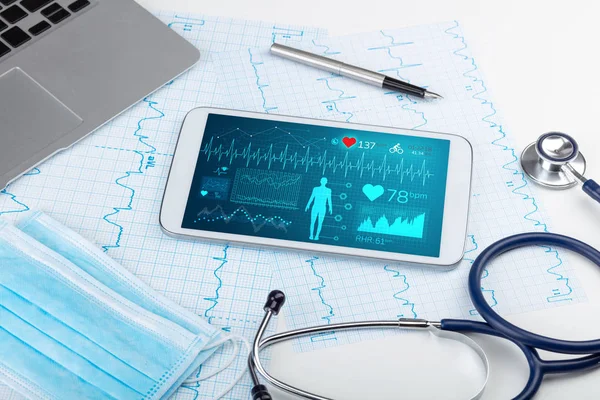In recent years, artificial intelligence (AI) has been making significant strides in the healthcare industry, revolutionizing the way we diagnose and treat diseases. From virtual health assistants to predictive analytics, AI is transforming the way healthcare providers deliver care and improving patient outcomes. In this article, we will explore how AI is enhancing diagnosis and treatment in healthcare.
Early Detection of Diseases
One of the most significant benefits of AI in healthcare is its ability to detect diseases at an early stage. AI-powered algorithms can analyze vast amounts of medical data, such as images, genetic information, and patient records, to identify patterns and detect abnormalities that may be missed by human physicians. This early detection can lead to timely interventions and better treatment outcomes for patients.
Precision Medicine
AI is also revolutionizing the field of precision medicine by personalizing treatment plans based on individual patients’ genetic makeup, lifestyle, and medical history. By analyzing genetic data and medical records, AI can help healthcare providers develop targeted therapies that are more effective and have fewer side effects than traditional treatments. This personalized approach to medicine is revolutionizing the way we treat diseases such as cancer, diabetes, and heart disease.
Telemedicine and Remote Monitoring
AI-powered telemedicine platforms are enabling patients to consult with healthcare providers remotely, reducing the need for in-person visits and improving access to care. These platforms use AI algorithms to analyze patient symptoms and medical history, providing accurate diagnoses and treatment recommendations. Additionally, AI-enabled remote monitoring devices can track patients’ vital signs and health metrics in real-time, alerting healthcare providers to any potential issues before they escalate.
Enhanced Imaging and Diagnostics
AI is revolutionizing medical imaging and diagnostics by improving the accuracy and speed of diagnostic tests such as MRI, CT scans, and X-rays. AI algorithms can analyze images and identify subtle abnormalities that may be missed by human radiologists, leading to faster and more accurate diagnoses. This enhanced imaging technology is helping healthcare providers detect diseases such as cancer, stroke, and heart disease at an earlier stage, improving treatment outcomes for patients.
Drug Discovery and Development
AI is also playing a crucial role in drug discovery and development by analyzing vast amounts of biological data to identify potential drug candidates and predict their efficacy. AI-powered algorithms can speed up the drug development process, reducing the time and cost involved in bringing new medications to market. By leveraging AI technologies, pharmaceutical companies can develop more effective and targeted therapies for a wide range of diseases, bringing hope to patients who previously had limited treatment options.
Conclusion
AI is transforming the healthcare industry by enhancing diagnosis and treatment, improving patient outcomes, and revolutionizing the way we deliver care. From early detection of diseases to personalized treatment plans, AI is revolutionizing every aspect of healthcare delivery. As AI continues to advance, we can expect to see even more innovations that will improve the quality of care and ultimately save lives.
Overall, AI in healthcare is revolutionizing the way we diagnose and treat diseases, leading to better patient outcomes and improved quality of care. With its ability to analyze vast amounts of data, personalize treatment plans, and enhance diagnostics, AI is paving the way for a brighter future in healthcare.

